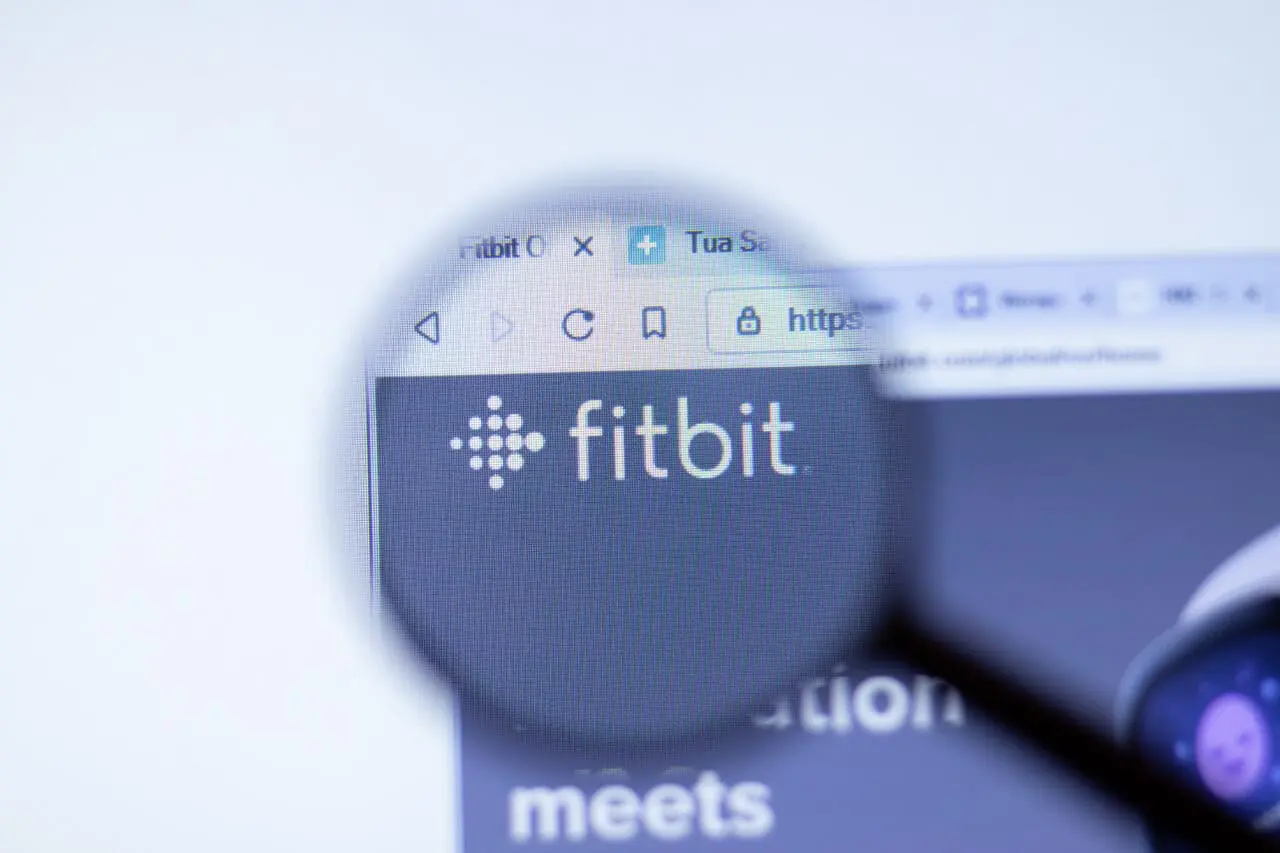

The European Union (EU) General Data Protection Regulation (GDPR) has set a benchmark for data privacy and protection laws across the globe. The regulation, which came into effect in 2018, allows companies to transfer personal data between countries as long as it meets certain criteria. However, Google-owned Fitbit has recently come under fire for allegedly violating the GDPR by illegally exporting data of its users to the US. This prompted Vienna-based privacy advocacy group “NOYB” to file a complaint against Fitbit. At the heart of this issue is the question: what are the legal implications of such a breach. The GDPR sets out a number of requirements for companies that handle personal data, including the need to obtain explicit consent from individuals when transferring their information across international borders. In the case of Fitbit, it is alleged that the company did not comply with these requirements and as such has breached EU law.
As a result of the GDPR violation, many users may now be wondering if their personal data has been illegally transferred and whether they’ve been affected by this breach. The good news is that NOYB has set up a website to help people determine whether their data has been exported. The website allows users to enter their email address and view the results of the query. However, it should be noted that the information provided is only indicative – if personal data has been illegally transferred, a formal complaint must be made in order for any action to be taken.
NOYB is at the forefront of the fight against illegal exporting of personal data. The organisation was founded in 2018 and is based in Vienna, Austria. Its mission is to protect European citizens’ digital rights by taking legal action against companies that violate the GDPR. NOYB has already filed over 300 complaints against major tech companies, including Google-owned Fitbit. The organisation is committed to shining a light on the practices of these companies and taking action when necessary.
The consequences of Google-Own Fitbit’s alleged GDPR violations are far-reaching. If found guilty, the company could face significant fines and may be required to take remedial action such as amending their data protection practices or deleting user information. Moreover, if the breach is deemed serious enough, Fitbit could also be subject to a class action lawsuit from affected users. This would not only damage the company’s financial standing but could also tarnish its reputation. Finally, there is the potential for criminal prosecutions to be brought against those responsible for individual violations. Although unlikely, this could result in prison sentences and hefty fines.
The EU’s GDPR sets out stringent rules regarding the transfer of personal data between countries. Data transfers must not only comply with the GDPR but also adhere to any other applicable international and national laws. Companies must therefore ensure that they take steps to protect users’ privacy when transferring their information abroad. For example, companies should obtain explicit consent from individuals before transferring their data overseas and must put in place appropriate security measures to ensure that the information is kept safe. Additionally, companies should keep records of any data transfers and must also notify authorities when certain thresholds are met. It is therefore essential for businesses to understand their obligations under EU law and take steps to ensure compliance. Failing to do so could result in hefty fines and even criminal proceedings.
The GDPR provides individuals with a wide range of protections when it comes to their data privacy. It also gives regulators and law enforcement agencies the tools they need to ensure companies are accountable for any breaches that take place. In the case of Google-owned Fitbit, it is alleged that the company has violated EU law by illegally exporting user data. This serves as a stark reminder that companies must adhere to the GDPR or risk facing serious consequences. Moreover, this case highlights the importance of strong data protection legislation and underscores the need for businesses to take steps to ensure compliance. It also demonstrates how important it is for individuals to understand their rights when it comes to data protection and privacy. Ultimately, this case serves as a reminder of the importance of protecting personal information and the need for organizations to remain vigilant when it comes to data security. Companies must understand their duties under EU law and ensure that they are taking steps to protect user data. Failure to do so could result in serious repercussions that could have lasting implications.
Google-owned Fitbit has recently come under fire for purportedly violating the EU’s GDPR over illegal exporting of user data. Vienna-based advocacy group Noyb has filed complaints against the company, citing multiple violations of the GDPR and other applicable laws. The specific complaints allege that Fitbit has illegally exported user data without obtaining valid consent, failing to provide information on the data transfers and failing to put in place appropriate security measures. Noyb also claims that the company failed to delete personal data when requested. These complaints are now being investigated by authorities and it is likely that they will be taken seriously due to the serious nature of the GDPR violations.
The privacy debate surrounding Google-owned Fitbit has been gaining traction in recent months as more and more people become aware of the potential repercussions that may arise from any breaches of data protection laws. Noyb is at the forefront of this debate, taking action to ensure that companies adhere to their obligations under the GDPR. The advocacy group has made it clear that they are not afraid to take on tech giants such as Fitbit and will continue to fight for the rights of European citizens. It is hoped that by advocating for stronger data protection laws, Noyb can help to create a fairer and more secure online environment in which individuals are better protected.
The alleged violation of the EU’s GDPR by Google-owned Fitbit could have serious repercussions. If found guilty, the company could face significant fines and may be required to make changes to its data collection practices. In addition, the company could also be subject to government-led investigations and audits to ensure that it is compliant with the GDPR. Furthermore, if the violation is deemed serious enough, Fitbit could also be subject to a class action lawsuit from affected users. This would not only damage the company’s financial standing but also its reputation.

This website uses cookies to improve your experience. Choose what you're happy with.
Required for the site to function and can't be switched off.
Help us improve the website. Turn on if you agree.
Used for ads and personalisation. Turn on if you agree.
This website uses cookies to improve your experience. Choose what you're happy with.
Required for the site to function and can't be switched off.
Help us improve the website. Turn on if you agree.
Used for ads and personalisation. Turn on if you agree.